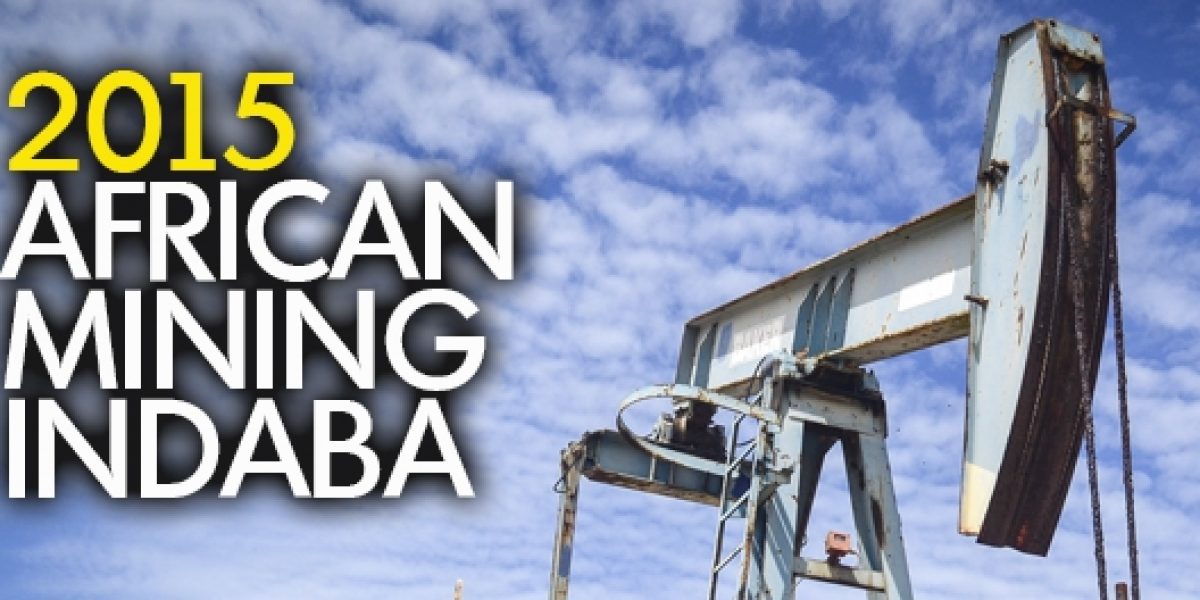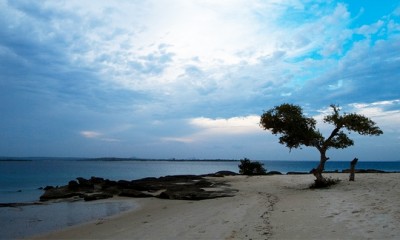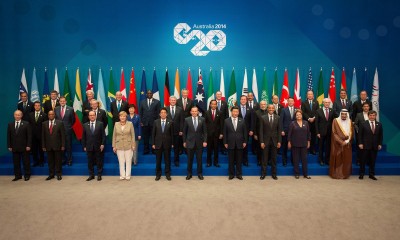SAIIA will be hosting two important events alongside the Indaba to address some of the critical questions facing the mining industry in Africa.
The tagline for this year’s Indaba is ‘Where the world connects with African mining’, indicating the implicit need for mutually beneficial partnerships in the sector.
Read a new opinion piece relevant to the 2015 indaba, ‘Will South Africa’s Minerals Bill take the road less travelled?’.
The extractive industries remain a central component of many African countries’ growth strategies. SAIIA’s Governance of Africa’s Resources Programme (GARP) is committed to ensuring that mining contributes to inclusive and sustainable development.
We believe that how the industry is governed – at a continental, regional and country level – will largely determine whether the mutual goals of inclusivity and sustainability are realised. By inclusivity we mean that access to economic opportunities flowing from mining should broadly benefit a country’s population. By sustainability we mean that both environmentally and financially, mining should not be an enclave industry that extracts and departs. It should generate benefits well beyond the life-of-mine and never damage the environment beyond repair, especially if the opportunity costs are high (in terms of tourism or agricultural losses associated with mining).
Events
SAIIA seeks to play an instrumental role in facilitating partnerships that will deliver inclusive and sustainable mining-led development. To this end, we will again host two important events during the Mining Indaba.
This year, the topic of our public Roundtable event on Monday 9 February is ‘From acid mine drainage to fracking: Environmental governance of South Africa’s extractive industries’.
We will also host a Change Makers discussion forum (by invitation only) on Friday 13 February, which seeks to facilitate the partnerships mentioned above.
Mining research
On the above topics, we have released a number of pertinent research papers which speak directly to issues on the agenda of the 2015 Mining Indaba:
- ‘Illegal sand mining in South Africa’, SAIIA Policy Briefing (2014), by Romy Chevallier.
- ‘Towards Agenda 2063: Reinventing Partnerships on extractive governance’, SAIIA Policy Briefing (2015), by Ola Bello.
- ‘Maximising Positive Impacts of Mining Projects: Stakeholders and Partnerships,’ SAIIA Policy Briefing (2015), by Daniel Limpitlaw.
- ‘From Natural Resource Dependence to Diversified Economies: An Agenda for Future Research (PDF, 112.66 kB)’, SAIIA Policy Note (2015), by Ross Harvey.
- ‘Revamping artisanal gold mining in Zimbabwe to catalyse poverty reduction’, SAIIA Policy Briefing (2014) by Ola Bello and Megan Bybee.
- ‘Seabed mining: Lessons from the Namibian experience’, SAIIA Policy Briefing (2014) by Alex Benkenstein.
- ‘Botswana’s coal: Dead in the water or economic game-changer?’, SAIIA Policy Note (2014), by Ross Harvey.
- ‘Minefields of Marikana: Prospects for forging a new social compact’, SAIIA Occasional Paper (2014), by Ross Harvey.
- ‘Nationalism with Chinese characteristics: How does it affect the competitiveness of South Africa’s mining industry?’, SAIIA Policy Briefing (2014), by Ross Harvey.
- ‘Africa’s extractive governance architecture: Lessons to inform a shifting agenda’, SAIIA Policy Briefing (2014), by Ola Bello.
- ‘Mining for development in Guinea: An examination of the Simandou iron-ore project’, SAIIA Policy Briefing (2014), by Ross Harvey
- ‘Future oil revenues and political dynamics in West and East Africa: A slippery slope?’, SAIIA Occasional Paper (2014), by Ross Harvey
- ‘Mining and development: Lessons learnt from South Africa and beyond’, SAIIA Policy Briefing (2014), by Ross Harvey







